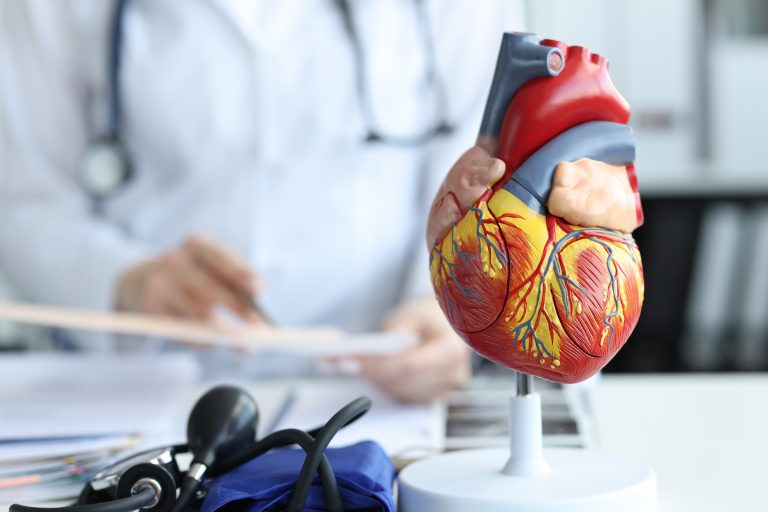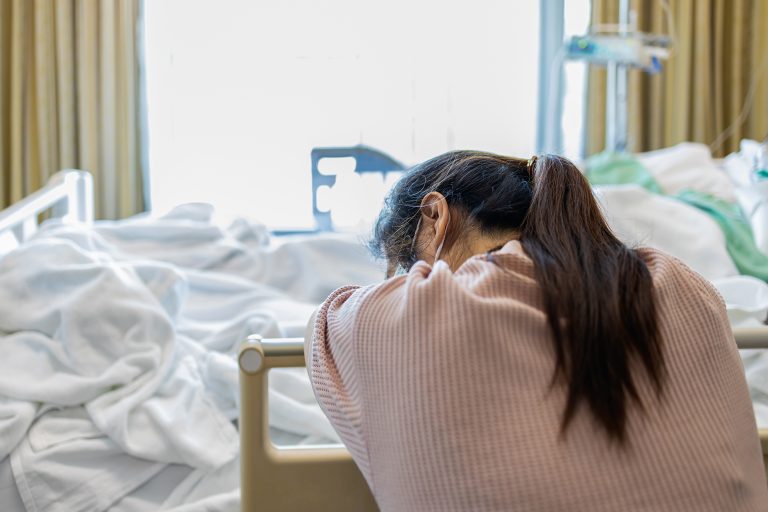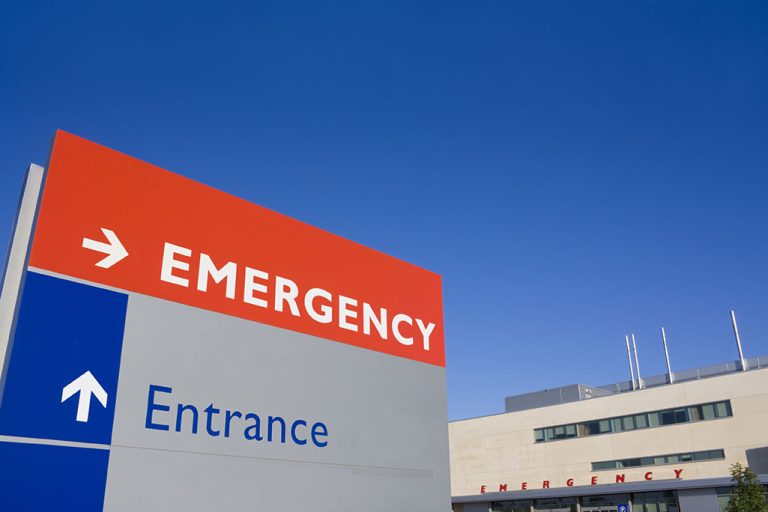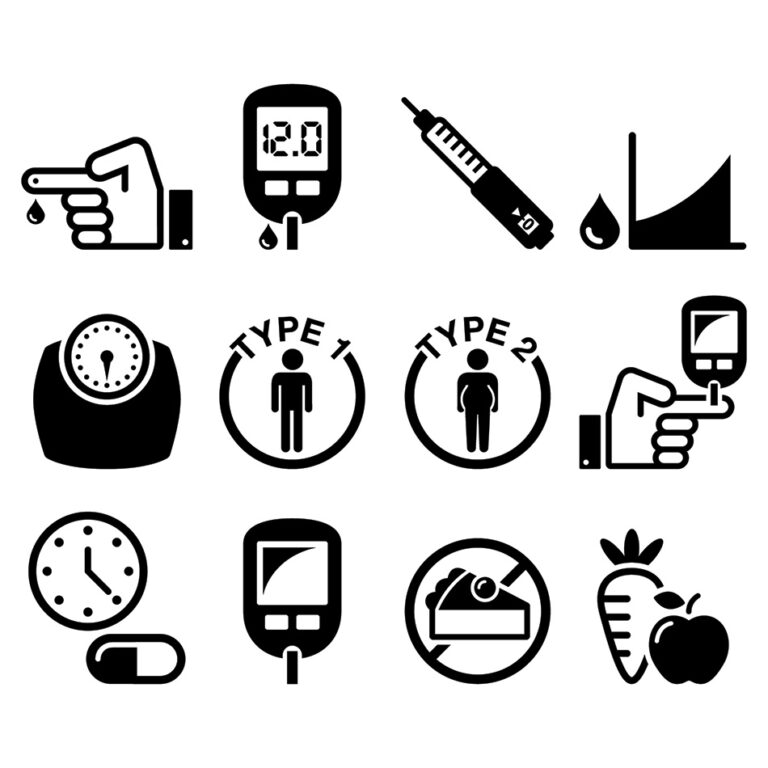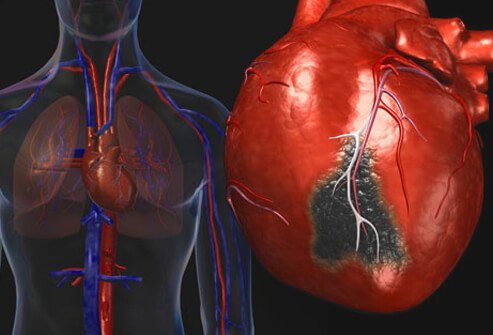Corry Memorial Hospital Internal Medicine Residency Program Overview of Goals and Objectives
The Corry Memorial Hospital Internal Medicine Residency Program offers a 36-month, rural community-based, Accreditation Council for Graduate Medical Education (ACGME) accredited program, designed to train knowledgeable, compassionate and efficient internists consistent with the definition developed by the Review Committee as follows:
- Internists are specialists who care for adult patients through comprehensive, clinical problem solving. They integrate the history, physical examination, and all available data to deliver, direct, and coordinate care across varied clinical settings, both in person and remotely through telemedicine.
- Internists are diagnosticians who manage the care of patients who present with undifferentiated, complex illnesses, and comorbidities; promote health and health equity in communities; collaborate with colleagues; and lead, mentor, and serve multidisciplinary teams.
- Internists integrate care across organ systems and disease processes throughout the adult lifespan. They are expert communicators, creative and adaptable to the changing needs of patients and the health care environment. They advocate for their patients within the health care system to achieve the patient’s and family’s care goals.
- Internists embrace lifelong learning and the privilege and responsibility of educating patients, populations, and other health professionals. The discipline is characterized by a compassionate, cognitive, scholarly, relationship-oriented approach to comprehensive patient care. The successful, fulfilled internist maintains this core function and these core values.
- Internists find meaning and purpose in caring for individual patients with increased efficiency through well-functioning teams, and are equipped and trained to manage change effectively and lead those teams. They understand and manage the business of medicine to optimize cost-conscious care for their patients. They apply data management science to population and patient applications and help solve the clinical problems of their patients and their community.
- Internists communicate fluently and are able to educate and clearly explain complex data and concepts to all audiences, especially patients. They collaborate with patients to implement health care ethics in all aspects of their care.
- Internists display emotional intelligence in their relationships with colleagues, team members, and patients, maximizing both their own and their teams’ wellbeing. They are dedicated professionals who have the knowledge, skills, and attitudes to effectively use all available resources, and bring intellectual curiosity and human warmth to their patients and community.1
While our program will focus on the delivery of healthcare within a rural community-based system, our curriculum is designed to train future internists who are able to practice in any environment.
1 https://www.acgme.org/globalassets/pfassets/programrequirements/140_internalmedicine_2023.pdf Accessed 6/4/2023
The mission of Corry Memorial Hospital Internal Medicine Residency Program is to train the next generation of physicians in rural internal medicine who are well prepared to practice competently and independently through a residency program of excellence in education, research, clinical care, and community service to improve the health of rural communities.
- Corry Memorial Hospital is committed to providing the necessary financial support for administrative, education, and clinical resources, including personnel for the success of the Internal Medicine Residency Program.
- The Internal Medicine Residency Program aims to train physicians who are actively engaged in the teaching of medical student and residents throughout their career.
- The Internal Medicine Residency Program aims to retain graduating residents to practice in the community in which they trained and to encourage participation in a graduate medical education program as members of the faculty.
- The Internal Medicine Residency Program aims to contribute to the growing body of literature through research.
- The Internal Medicine Residency Program aims to train physicians on the complexity of healthcare delivery in a rural community setting and value the services and expertise of all members of our healthcare team.
The ACGME has established six core competencies that must be integrated into the Internal Medicine educational curriculum. The competency-based goals and objective of each post graduate year are listed below and organized to demonstrate the expected learning trajectory that anticipates the achievement of competency for unsupervised practice that includes the delivery of safe, effective, patient-centered, timely, efficient, and equitable care.
Medical Knowledge (MK)
Overall Goals
- Residents must demonstrate knowledge of established and evolving biomedical, clinical, epidemiological, and social behavioral sciences, including scientific inquiry, as well as the application of this knowledge to patient care.
- Residents must demonstrate a level of expertise in the knowledge of the broad spectrum of clinical disorders seen by an internist including:
- the internal medicine subspecialties,
- the multidisciplinary subspecialties of geriatric medicine, hospice and palliative medicine and addiction medicine, and neurology
- Residents must demonstrate sufficient knowledge in the following areas:
- evaluation of patients with an undiagnosed and undifferentiated presentation
- pharmacotherapeutic and non-pharmacotherapeutic treatment of the broad spectrum of medical conditions and clinical disorders managed by internists
- provision of preventive care
- interpretation of clinical tests and images
- recognition and initial management of urgent medical problems
- application of technology appropriate for the clinical context, including evolving techniques
Objectives per Post-Graduate Training Year
| PGY-1 |
|
| PGY-2 |
|
| PGY-3 |
|
| Graduate |
|
Patient Care (PC)
Overall Goals
- Residents must be able to provide patient care that is patient- and family-centered, compassionate, equitable, appropriate, and effective for the treatment of health problems and the promotion of health.
- Residents must demonstrate the ability to manage the care of patients:
- using clinical skills of interviewing and physical examination
- in a variety of roles within a health system with progressive responsibility, including serving as the direct provider, a member, or leader of an interprofessional team of providers; as a consultant to other physicians; and as a teacher to the patient, the patient’s family, and other health care workers
- including the prevention, counseling, detection, diagnosis, and treatment of adult diseases
- in a variety of health care settings, including the inpatient ward, critical care units, and various ambulatory settings
- for whom they have limited or no physical contact, through the use of telemedicine
- in the subspecialties of internal medicine
- using population-based data
- using critical thinking and evidence-based tools
- Residents must be able to perform all medical, diagnostic, and surgical procedures considered essential for the area of practice.
- Residents must demonstrate the ability to:
- use and/or perform point-of-care laboratory, diagnostic, and/or imaging studies relevant to the care of the patient
- perform diagnostic and therapeutic procedures relevant to their specific career paths; and,
- treat their patients’ conditions with practices that are patient-centered, safe, scientifically based, effective, timely, and cost effective
- Residents must be able to provide patient care that is compassionate, appropriate, and effective for the treatment of health problems and the promotion of health.
Objectives per Post-Graduate Training Year
| PGY-1 |
|
| PGY-2 |
|
| PGY-3 |
|
| Graduate |
|
Practice Based Learning and Improvement (PBLI)
Overall Goals
- Residents must demonstrate the ability to investigate and evaluate their care of patients, to appraise and assimilate scientific evidence, and to continuously improve patient care based on constant self-evaluation and lifelong learning.
- Residents must demonstrate competence in:
- identifying strengths, deficiencies, and limits in one’s knowledge and expertise
- setting learning and improvement goals
- identifying and performing appropriate learning activities
- systematically analyzing practice using quality improvement methods, including activities aimed at reducing health care disparities, and implementing changes with the goal of practice improvement
- incorporating feedback and formative evaluation into daily practice
- locating, appraising, and assimilating evidence from scientific studies related to their patients’ health problems
Objectives per Post-Graduate Training Year
| PGY-1 |
|
| PGY-2 |
|
| PGY-3 |
|
| Graduate |
|
Systems Based Practice (SBP)
Overall Goals
- Residents must demonstrate an awareness of and responsiveness to the larger context and system of health care, including the structural and social determinants of health, as well as the ability to call effectively on other resources to provide optimal health care.
- Residents must demonstrate competence in:
- working effectively in various health care delivery settings and systems relevant to their clinical specialty
- coordinating patient care across the health care continuum and beyond as relevant to their clinical specialty
- advocating for quality patient care and optimal patient care systems
- participating in identifying system errors and implementing potential systems solutions
- incorporating considerations of value, equity, cost awareness, delivery and payment, and risk-benefit analysis in patient and/or population-based care as appropriate
- understanding health care finances and its impact on individual patients’ health decisions
- using tools and techniques that promote patient safety and disclosure of patient safety events (real or simulated)
- Residents must learn to advocate for patients within the health care system to achieve the patient’s and patient’s family’s care goals, including, when appropriate, end-of-life goals.
Objectives per Post-Graduate Training Year
| PGY-1 |
|
| PGY-2 |
|
| PGY-3 |
|
| Graduate |
|
Professionalism (P)
Overall Goals
- Residents must demonstrate a commitment to professionalism and an adherence to ethical principles.
- Residents must demonstrate competence in:
- compassion, integrity, and respect for others
- responsiveness to patient needs that supersedes self-interest
- cultural humility
- respect for patient privacy and autonomy
- accountability to patients, society, and the profession
- respect and responsiveness to diverse patient populations, including but not limited to diversity in gender, age, culture, race, religion, disabilities, national origin, socioeconomic status, and sexual orientation
- ability to recognize and develop a plan for one’s own personal and professional well-being
- appropriately disclosing and addressing conflict or duality of interest
Objectives per Post-Graduate Training Year
| PGY-1 |
|
| PGY-2 |
|
| PGY-3 |
|
| Graduate |
|
Interpersonal and Communication Skills (ICS)
Overall Goals
- Residents must demonstrate interpersonal and communication skills that result in the effective exchange of information and collaboration with patients, their families, and health professionals.
- Residents must demonstrate competence in:
- communicating effectively with patients and patients’ families, as appropriate, across a broad range of socioeconomic circumstances, cultural backgrounds, and language capabilities, learning to engage interpretive services as required to provide appropriate care to each patient
- communicating effectively with physicians, other health professionals, and health-related agencies
- working effectively as a member or leader of a health care team or other professional group
- educating patients, patients’ families, students, other residents, and other health professionals
- acting in a consultative role to other physicians and health professionals
- maintaining comprehensive, timely, and legible health care records
- Residents must learn to communicate with patients and patients’ families to partner with them to assess their care goals, including, when appropriate, end-of life goals.
Objectives per Post-Graduate Training Year
| PGY-1 |
|
| PGY-2 |
|
| PGY-3 |
|
| Graduate |
|
The general didactic program incorporates various modalities, including regularly scheduled conferences, lectures, board review, web-based modules, interactive videoconferences, simulation activities, clinical didactics, case presentations, journal club, and workshops that are accessible by electronic means if a resident is unable to attend. Formal lectures are provided by different specialists that incorporate a broad range of inpatient and outpatient clinical experiences in the management of patients with a wide spectrum of health problems.
Each resident’s performance is measured by the program’s evaluation system, which incorporates feedback from faculty, staff, attending physicians, patients and peers into monthly, quarterly, semi-annual and yearly assessments. Each resident will meet with their preceptor midway through each rotation to discuss progress and opportunities for improvement, followed by a formal, written evaluation conducted at the end of each rotation. There will be formal, semi-annual assessments performed by the Clinical Competency Committee utilizing the internal medicine milestones.
Common Teaching and Assessment Methods for the Six Core Competencies
| Core Competency | Teaching Modality | Assessment Method |
| Patient Care (PC) |
|
|
| Medical Knowledge (MK) |
|
|
| Practice-Based Learning & Improvement (PBLI) |
|
|
| Interpersonal & Communication Skills (ICS) |
|
|
| Professionalism (P) |
|
|
| System-Based Practice (SBP) |
|
|


